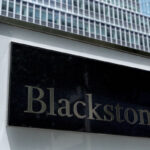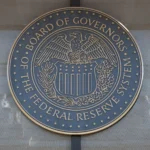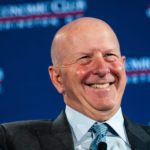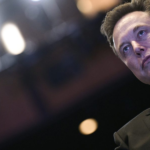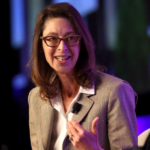A former board member of the Bank of Korea (BOK) has suggested that the central bank is likely to maintain elevated interest rates for another year to combat stubborn inflation. Lee Seung-heon, a former senior deputy governor at BOK, cautioned against premature expectations for a policy easing, stating that “higher for longer” is inevitable and necessary. He emphasized the importance of market participants keeping the possibility of accelerating inflation in mind rather than assuming a quick return to normal.
Inflationary pressures have remained exceptionally high, with no clear signs of a sustained easing. Lee, who retired in August after a three-decade career at the central bank, pointed out that the recent Israel-Hamas conflict could further contribute to price pressures. Moreover, the comparison with last year’s high inflation rates must be considered when interpreting any data indicating a moderation of inflation in the future.

Lee’s assessment stands in contrast to market optimism following comments from Federal Reserve Chair Jerome Powell last week, suggesting that the Fed might have completed its most aggressive tightening cycle in four decades. However, Powell also noted that there is still a considerable distance to cover before inflation aligns with the Fed’s target of 2%.
South Korea experienced a notable acceleration in price growth, with a 3.8% increase from the previous year reported last month. This figure contradicted BOK’s expectations that inflation would decelerate from September’s 3.7% gain. Subsequent to this data, BOK indicated the possibility of revising its inflation forecast upward, while the finance ministry cautioned against ruling out another interest rate hike in the United States.
Lee emphasized that the duration of maintaining higher interest rates is more crucial than the extent of rate hikes. He warned that without inflation under control and monetary stability firmly established, the economy could face significant challenges.
The Bank of Korea has maintained its policy rate since a rate increase in January, focusing on preserving economic momentum. This decision followed a series of rapid rate hikes in the previous year to align with the tightening policies of the Federal Reserve. These rate hikes also came amid increased market turbulence, which partly contributed to the default by a Legoland Korea developer.
Lee recalled the tumultuous period and emergency measures taken by authorities to alleviate the situation, highlighting that it played a significant role in the BOK’s decision to slow the pace of its rate hikes.
In July of this year, investors faced another source of concern when a bank run occurred at a branch of a credit union. This prompted financial regulators and the central bank to intensify efforts to support troubled financial institutions.
While these risks have largely subsided, household debt remains a central concern. South Korea’s household debt-to-gross domestic product (GDP) ratio continues to exceed 100%, making it one of the highest in the world.
BOK Governor Rhee Chang-yong has committed to gradually reducing this ratio and has indicated that an interest rate hike remains an option if other measures fail to contain borrowing.
Lee, the former second-in-command at the central bank, believes that a year of “higher for longer” interest rates is not only likely but also an opportunity for policymakers to encourage households to reduce their debt burdens.
BOK’s current policy rate stands at 3.5%, the highest level since 2008. Rhee reaffirmed last month that policy would remain restrictive, with a continued focus on inflation for the foreseeable future.
Lee emphasized the importance of market confidence in the central bank’s commitment to controlling inflation, stating that central banks take this mandate extremely seriously, contrary to some perceptions.



